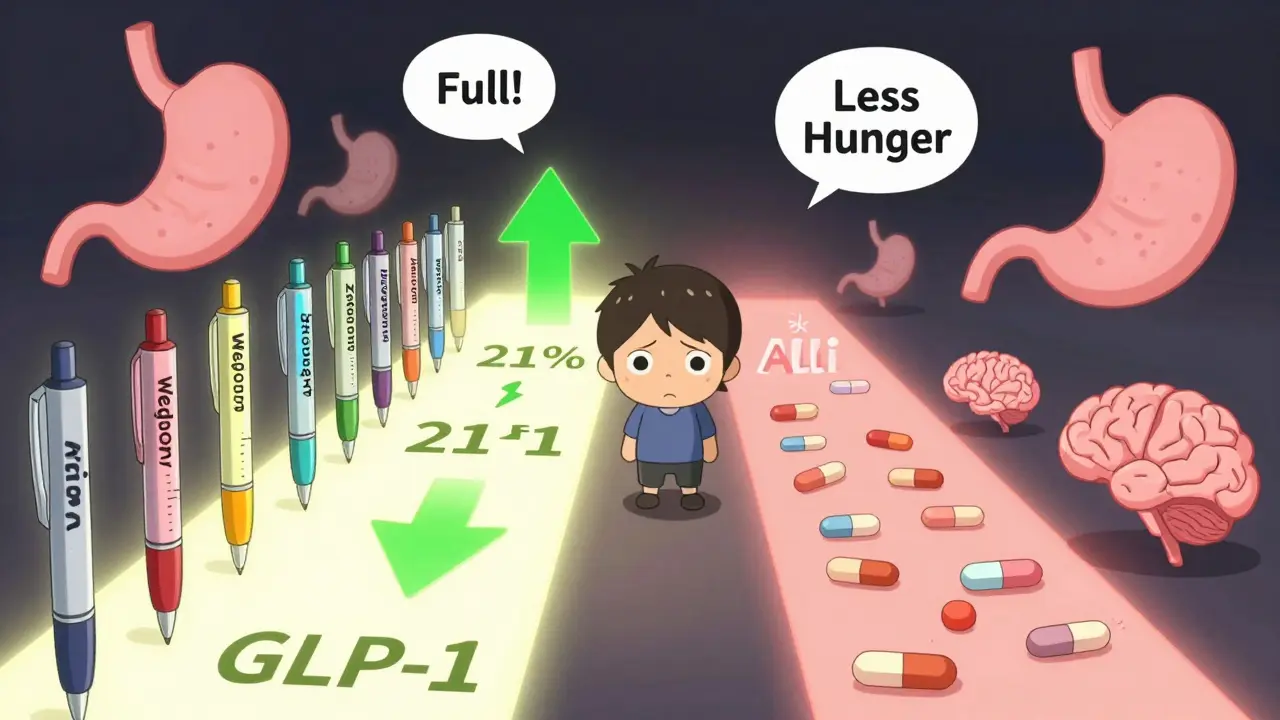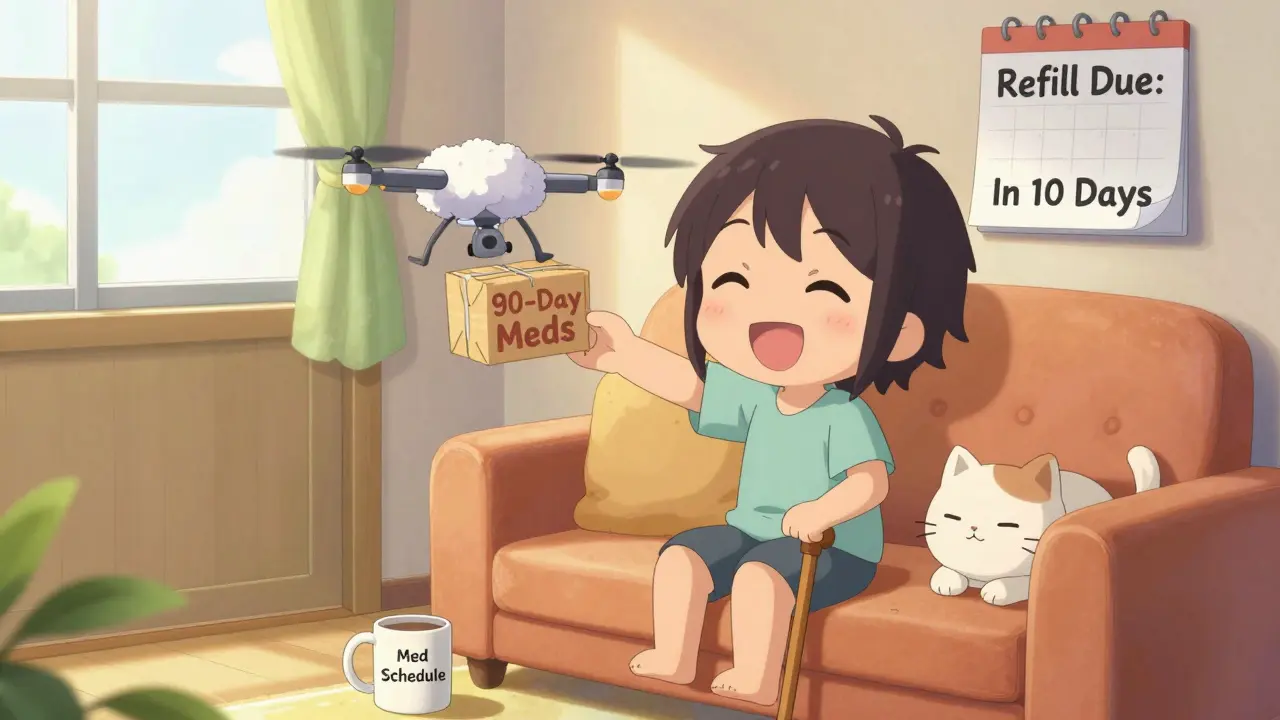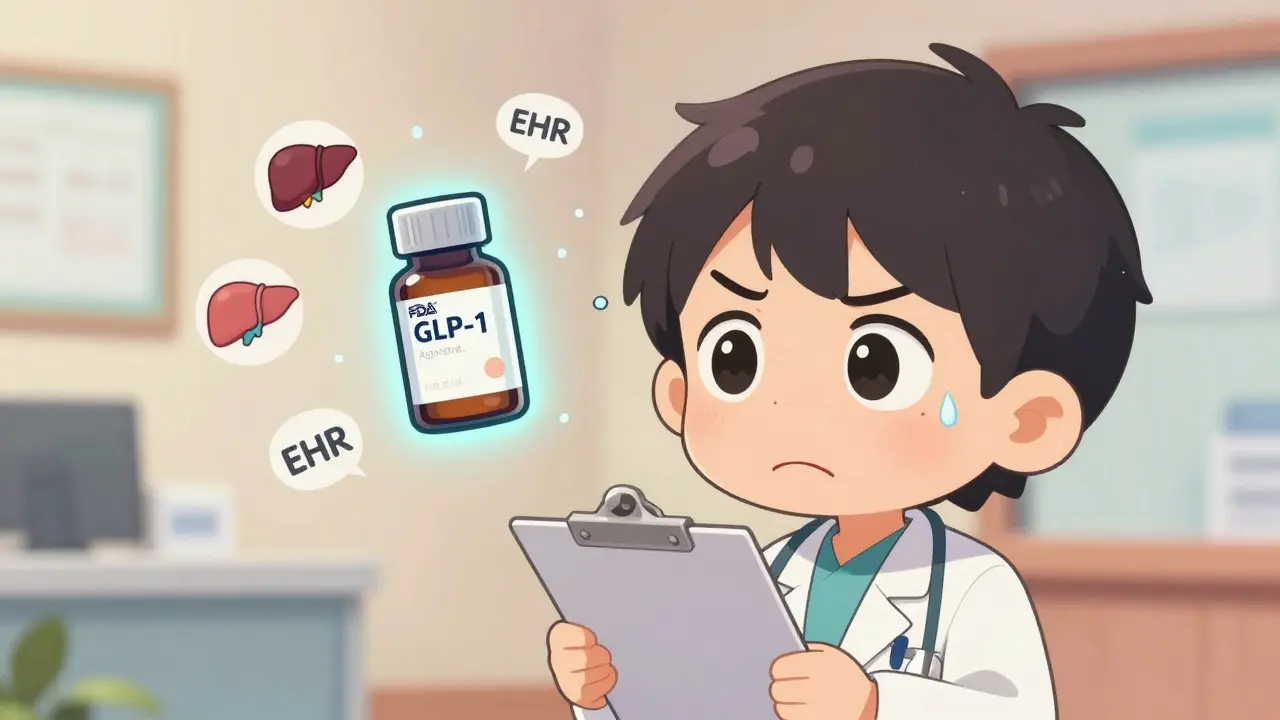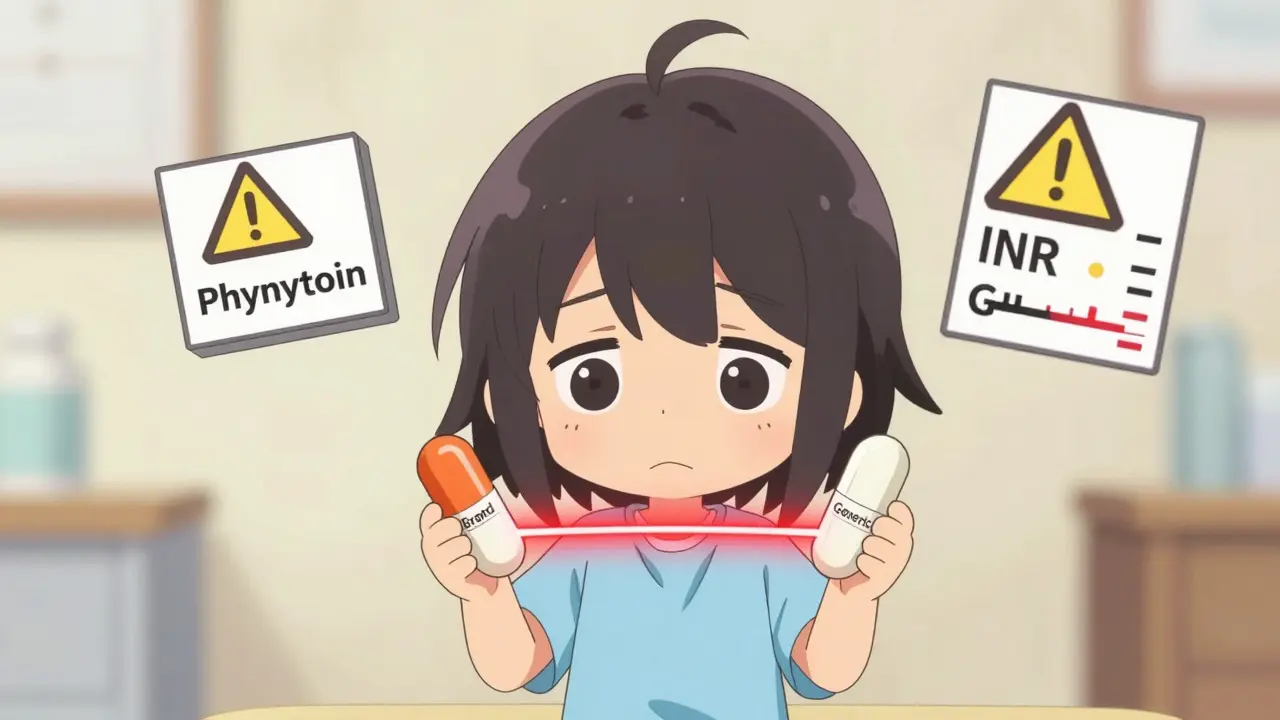Support Systems: Practical Help for Better Health and Medication Management
If you’ve ever missed a dose or felt confused about a prescription, you know how much a good support system matters. It’s not just about friends or family; it’s also about tools, services, and habits that keep you on track. Below we’ll break down the most useful support options, show how they fit into everyday life, and give simple steps to set them up.
Everyday Tools That Keep Your Medicine on Track
First, think about low‑tech solutions. A weekly pill box, a phone alarm, or a sticky note on the fridge can be surprisingly effective. Choose a method that matches your routine – for night‑time meds, a bedside alarm works best; for morning doses, a kitchen reminder does the trick. The key is consistency, so pick one system and stick with it for at least a week before judging its impact.
Digital options add a layer of safety. Free apps like Medisafe or MyTherapy send push notifications, track refill dates, and even let you share progress with a trusted contact. Most of these apps let you add photos of each pill, which helps avoid mix‑ups if you’re on multiple prescriptions. Setting them up only takes a few minutes, and the visual confirmation can calm anxiety about taking the right dose.
Professional Support You Can Trust
Pharmacists are an under‑used resource. Many community pharmacies offer free medication reviews, where a pharmacist checks for drug interactions, side‑effects, and dosing errors. Book a 15‑minute slot during a routine pick‑up – it’s quick, confidential, and often saves money by spotting unnecessary meds.
For chronic conditions, consider a disease‑specific support line. The NHS provides helplines for diabetes, asthma, and mental health, giving you direct access to specialist advice. These services are staffed by trained nurses who can explain complex instructions in plain language, making it easier to follow treatment plans.
Online forums and patient groups also count as support systems. Websites like HealthUnlocked or condition‑specific Facebook groups let you swap experiences, ask questions, and get encouragement from people who “get” what you’re dealing with. While you shouldn’t replace professional advice, hearing real‑world stories can boost confidence and provide practical hacks you won’t find in a brochure.
Finally, don’t overlook the role of caregivers. If you have a partner, adult child, or friend willing to help, set up a shared calendar (Google Calendar works well) to log appointments and refill dates. A quick weekly check‑in can catch missed doses before they become a problem.
Putting these pieces together creates a network that catches errors, answers questions, and keeps you motivated. Start small: pick one tool, test it for a week, then add another layer like a pharmacist check or an online community. Before long, you’ll have a reliable support system that makes medication management feel almost effortless.





